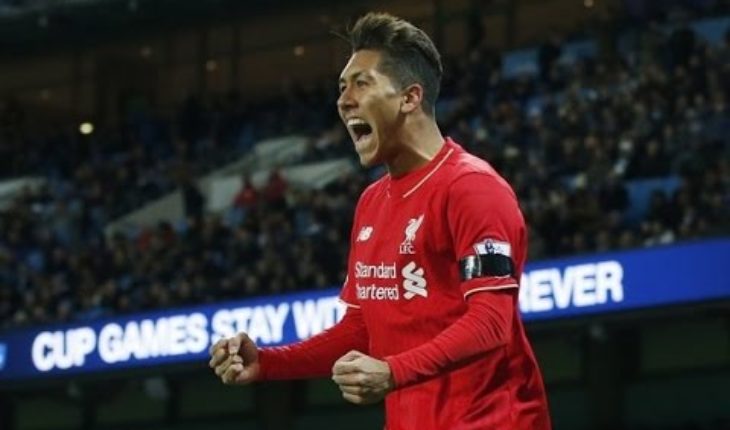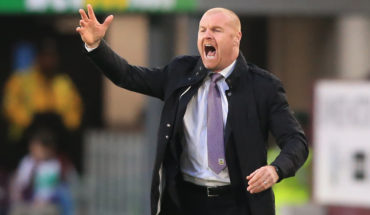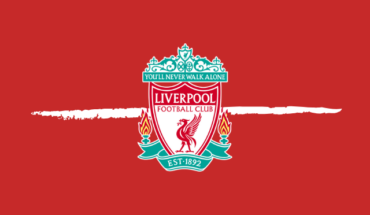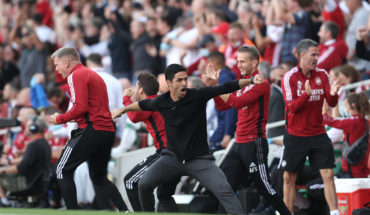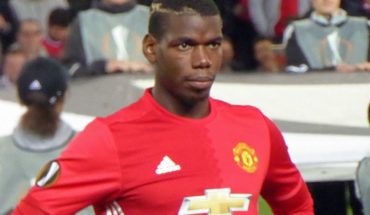Manchester United and Liverpool shared the spoils at Old Trafford in what was an insipid game where neither team really had too many chances to score.
The away team did what they had to do and came away without a defeat, but the failure to win the game in hand means Liverpool are just a point ahead of Manchester City.
It was a strange game as Manchester United were forced to make all their substitutions in the first half due to injuries, while Liverpool themselves had to make an alteration as Roberto Firmino picked up an ankle injury, but were far from their best.
Despite dominating possession and facing a United midfield that has barely played together this season, Liverpool failed to test David De Gea.
We take a look at three reasons why the Reds failed to win the game.
#3 Naby Keita’s absence
The game begged for a bit of creativity as Liverpool kept the ball pretty well in the middle but failed to make any real progress as the crosses were too shabby and there was no real incision with the passing.
Fabinho played in the deepest midfield role, and the duo of Henderson and Wijnaldum often got forward. But they didn’t really provide any real spark with their runs.
While Wijnaldum was good with the ball at his feet, he can’t unlock a defence. Henderson, meanwhile, offered good work rate, but that was about it.
Though Klopp eventually took Henderson off, he replaced the skipper with Xherdan Shaqiri instead of Keita, a player who has the ability to pick a pass in the attacking third or create a bit of magic with his quick feet.
It was a drab game, and the decision to not bring on Keita was equally dingy.
#2 Injuries made Manchester United more cautious
Big games often force teams to be pragmatic — and that’s no surprise — and the usage of terms like ‘parking the bus’ are perhaps too disrespectful towards managers.
Because of the injuries Manchester United suffered in the first half, their approach was to be cautious as a point was always better than none. Paul Pogba was often seen doing a lot of defensive work, and often made it harder for the Liverpool attack.
The quick one-twos that the front three tend to play was barely seen as the hosts managed to shut out the Liverpool attack.
With players like Scott McTominay and Andreas Pereira on the pitch, you can’t blame Ole Gunnar Solskjaer for adopting a safety-first approach.
#1 Roberto Firmino’s injury, and the start and stop game
Firmino’s substitution in the first half did have a big impact on Liverpool’s style in the attacking third. The Brazilian, unlike the other forwards Liverpool have, is adept at dropping deep and knitting play, which makes life difficult for the defenders.
During his presence, Liverpool looked much more dangerous in the first half, and after he went off, Daniel Sturridge just didn’t have the same impact as he is a more tradition centre-forward and doesn’t drop deep too often.
The injuries in the first half didn’t help the flow of the game either as Liverpool looked good in patches but just couldn’t sustain the momentum.

